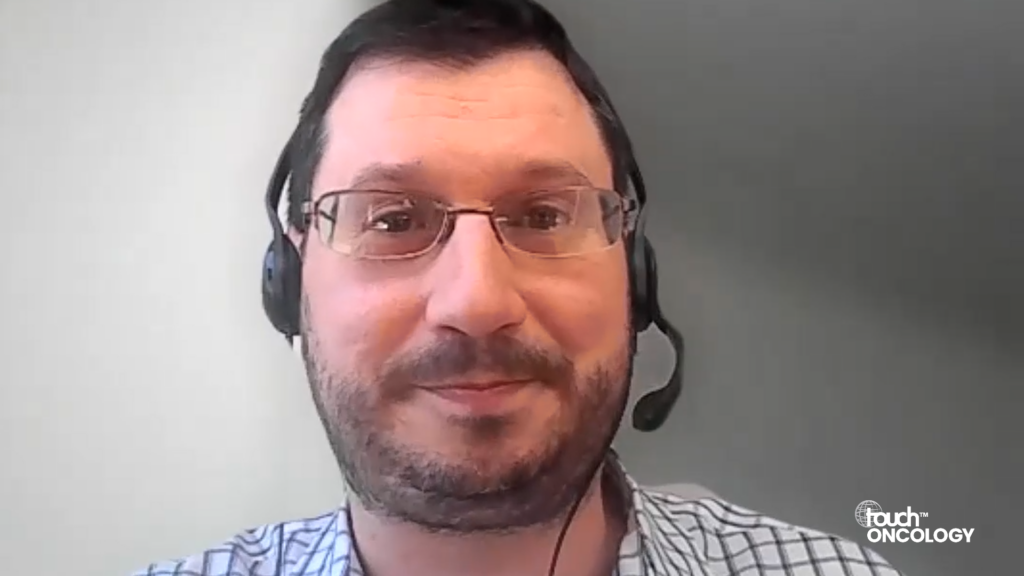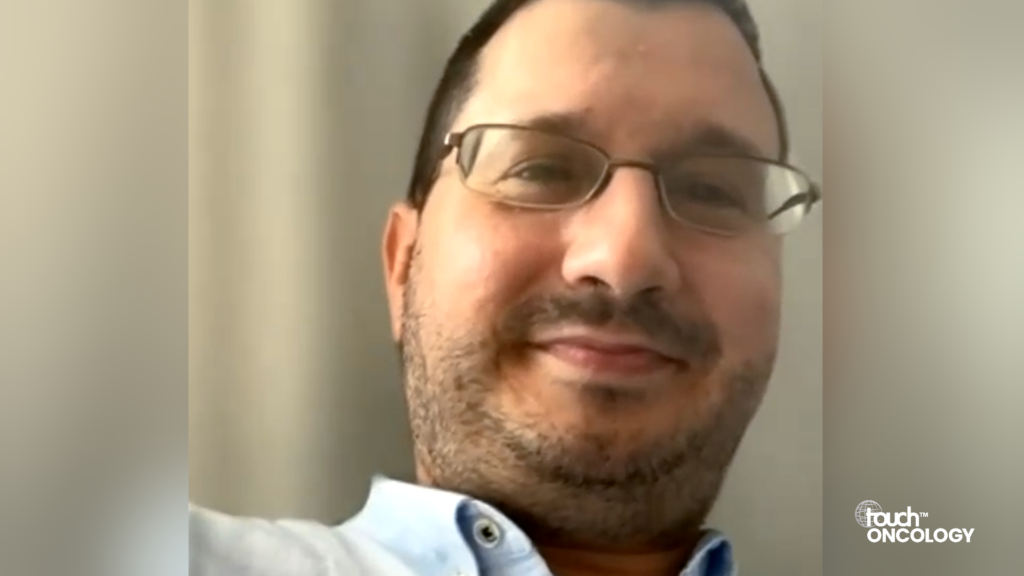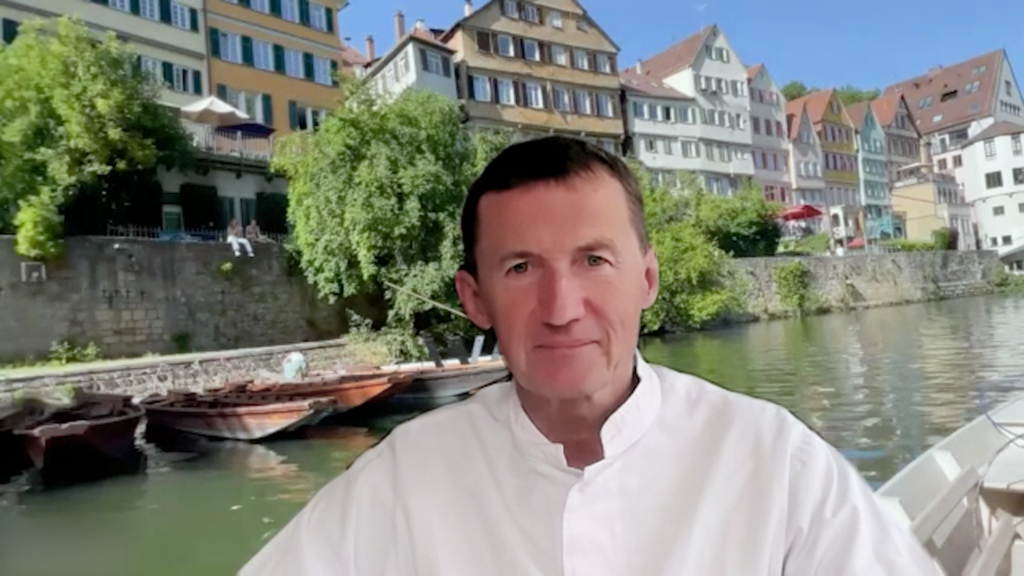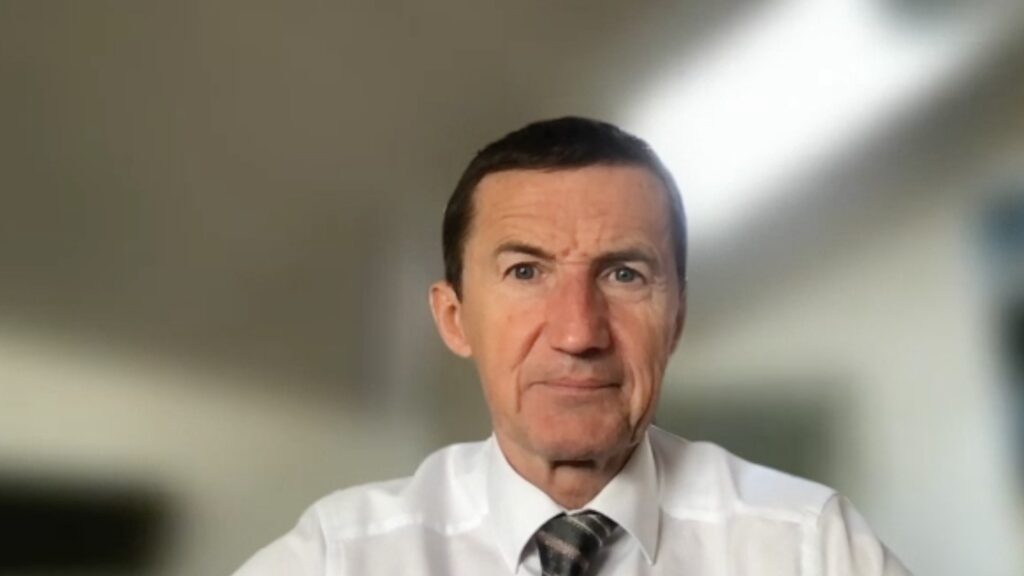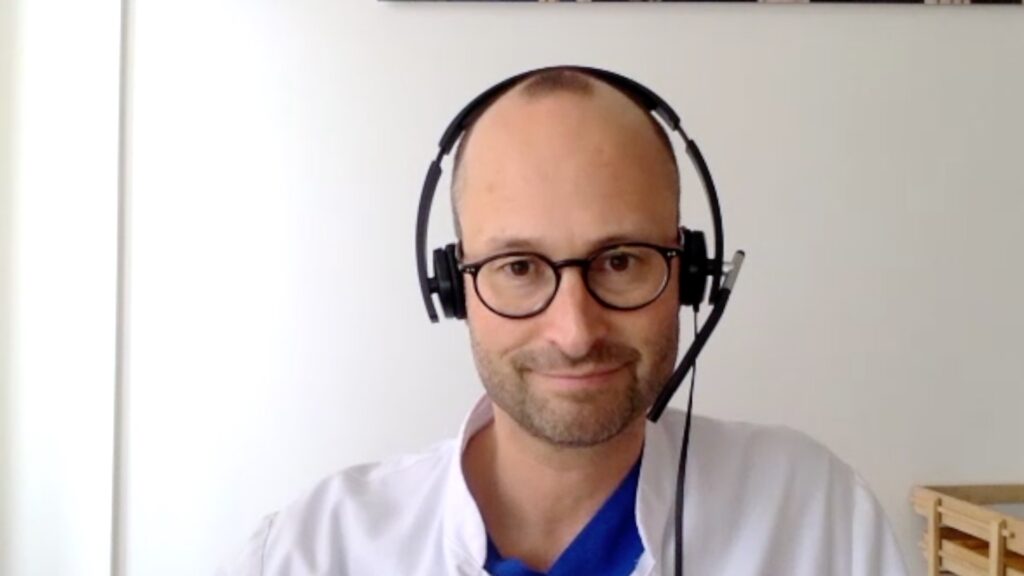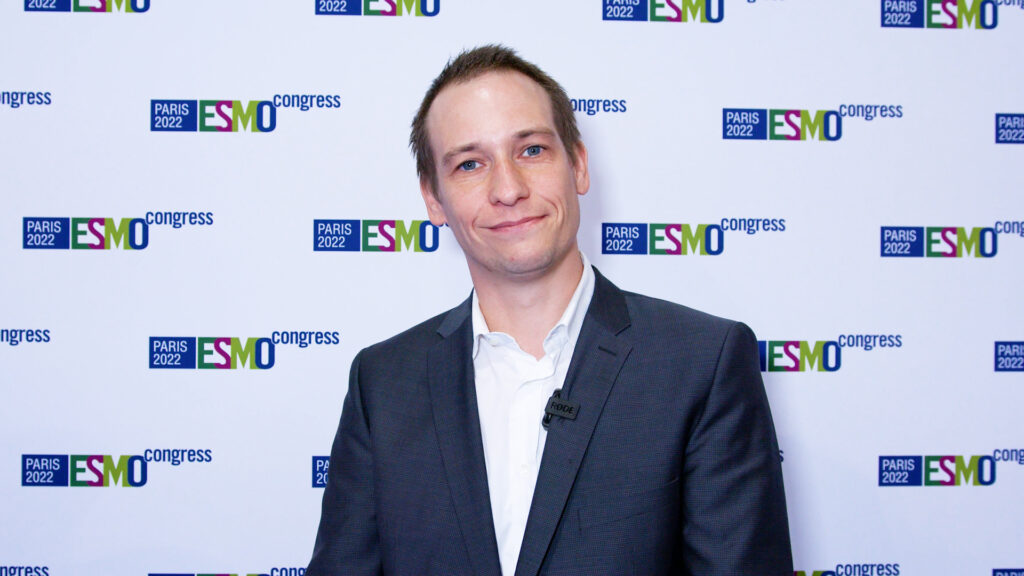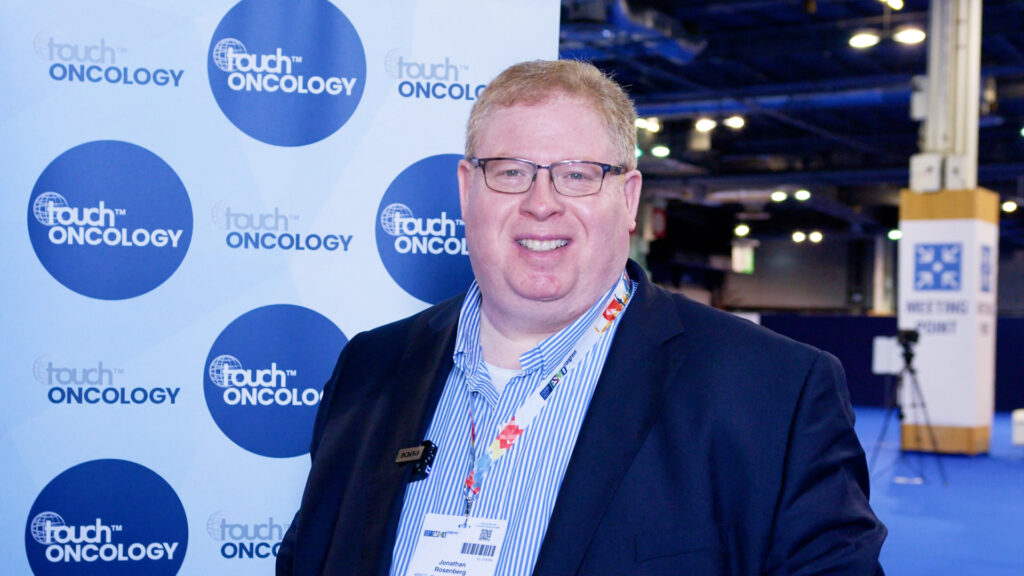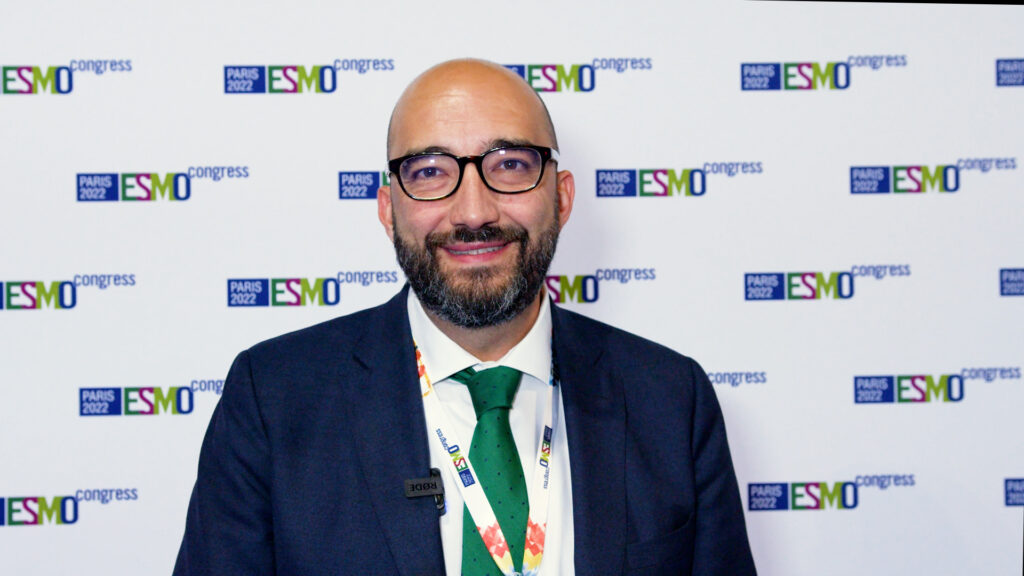As part the Young Oncologists session, at ESMO 2023, Prof. Petros Grivas (Clinical Director of the Genitourinary Cancer Program, University of Washington and Fred Hutchinson Cancer Center, Seattle, USA) and colleagues, spent time speaking with medial students and early-career physicians about developing a successful career in medial oncology.
For those that were unable to attend the session or for those who would like a recap we caught up with Prof. Grivas and asked him what his top 5 tips were for forging a successful career in the field.
Disclosures: Petros Grivas has received institutional research funding from Acrivon Therapeutics, ALX Oncology, Bavarian Nordic, BMS, Debiopharm, Merck KGaA, Gilead, Pfizer, MSD, QED Therapeutics, GSK; G1 Therapeutics and Mirati Therapeutics; acted as consultant for 4D Pharma PLC, Aadi Bioscience, AstraZeneca; Asieris Pharmaceuticals, Astellas Pharma, BMS, Boston Gene, CG Oncology, Dyania Health, Lucence Health, Fresenius Kabi, G1 Therapeutics, Gilead, Guardant Health, ImmunityBio, Infinity Pharmaceuticals, Janssen, Merck KGaA, MSD, Pfizer, PureTech, Roche, Seattle Genetics, Strata Oncology, Silverback Therapeutics and UroGen.
Support: Interview and filming supported by Touch Medical Media Ltd. Interview conducted by Gina Furnival.
Filmed in coverage of the ESMO 2023
Click here for more ESMO 2023 highlights.
Transcript
I am Dr. Petros Grivas, I’m a medical oncologist in Seattle, Washington, the United States. I’m a Professor and the Clinical Director of the Genitourinary Cancer Program at the University of Washington and Fred Hutchinson Cancer Center.
The most important thing for all of us is hard work. Nothing substitutes for hard work – it is important. We have to sometimes exceed our own expectations and, you know, the reality is that we will have to make sacrifices, and this is, of course, is a subjective factor, and as I said in the question at the end of the session, this is an individual decision. Some sacrifices are acceptable by some people, and other sacrifices by other people, and I think this is a personal decision to make, but, hard work is definitely a very important pillar of success no matter what you do in life, including a successful journey in an oncological career.
I think the other very important fact that we discussed was, mentorship. It is so important to have a formal mentorship plan, and a real mentor, or mentorship team, who cares about the mentee, has a track record and experience of mentoring younger trainees, and, really are invested in the career development of the trainee – this is important! This mentorship plan has to be formal, has to be outlined upfront with milestones and in particular well thought out plans, and it should be followed carefully. I think there should be checkpoints down the road, on whether the mentee is meeting the milestones and whether the mentor is doing their job. So I think it’s important to have this wonderful relationship with mentor/mentee. This is something that is very dear to my heart and I think it is very important to foster in career development.
The other things we talked about is visibility and networking. This is very important. We live in an era where social media has a major role, and of course ESMO and other conferences, provide a wonderful opportunity for people to interact, meet, connect, exchange ideas, give feedback to each other, and I think it is important to participate in these meetings. I welcome everybody to submit abstracts to the ESMO 2024 congress in Barcelona. Of course, there will be many other meetings in between, but it is a greater opportunity for junior investigators, early-career scientists, physicians and other stakeholders/providers to submit important research to be presented and discussed.
Number four, I just mentioned feedback. Feedback is very important and someone has to actively pursue and seek feedback. How can they improve? How can they do a better job? How can they learn from something that did not work well? How can they develop even more? So, I think it’s important to have formal feedback sessions, including professors like myself, we can always learn and further improve. I think it is a mentality of self-improvement that is very important, and feedback is a great tool.
And I think the other important thing we discussed was participation in workshops with interaction, participation in young oncology forums, opportunities for participation in EMSO – EMSO has great young oncology groups for volunteering in some of their committees. As well, ASCO is doing a similar great job, and also have the opportunities to discuss with peers. Go meet people in meetings, introduce yourselves, and be involved in potential organizations of meetings like ESMO and also think about clinical research workshops, molecular biology and clinical oncology workshops. These are great summer schools. These are also great opportunities for networking and learning and goes back again with the hard work we discussed before. And at the same time, have the opportunity to get ideas, and you never know how these ideas can open doors for you down the road.
So, never, feel shy. There is this syndrome called ‘imposter syndrome’. Which when we begin our careers, all of us, right – we feel shy, afraid, who am I to go to talk to this big professor? But we should go beyond that, we should surpass this ‘impostor syndrome’ and go and meet people, go interact, get feedback, work very hard, deliver a high-quality product in a timely manner, consistently. Of course, professionalism and integrity are important components of everything we do.
I think we live in an exciting era and I welcome younger colleagues to go into oncology. It is a fantastic career journey, highly recommended, and brings the bedside, the clinic, close to the lab, the bench. So I think this interaction in research is really exciting, and, of course, the educational component and the community outreach, there are opportunities for global oncology these days and how we can help colleagues in other countries, and how we can we learn from them. So huge opportunities, and I was really appreciative of the opportunity to join the ESMO President, Dr. Lambertini and Dr. Lim to do this session, and it is always refreshing to interact with younger colleagues.



